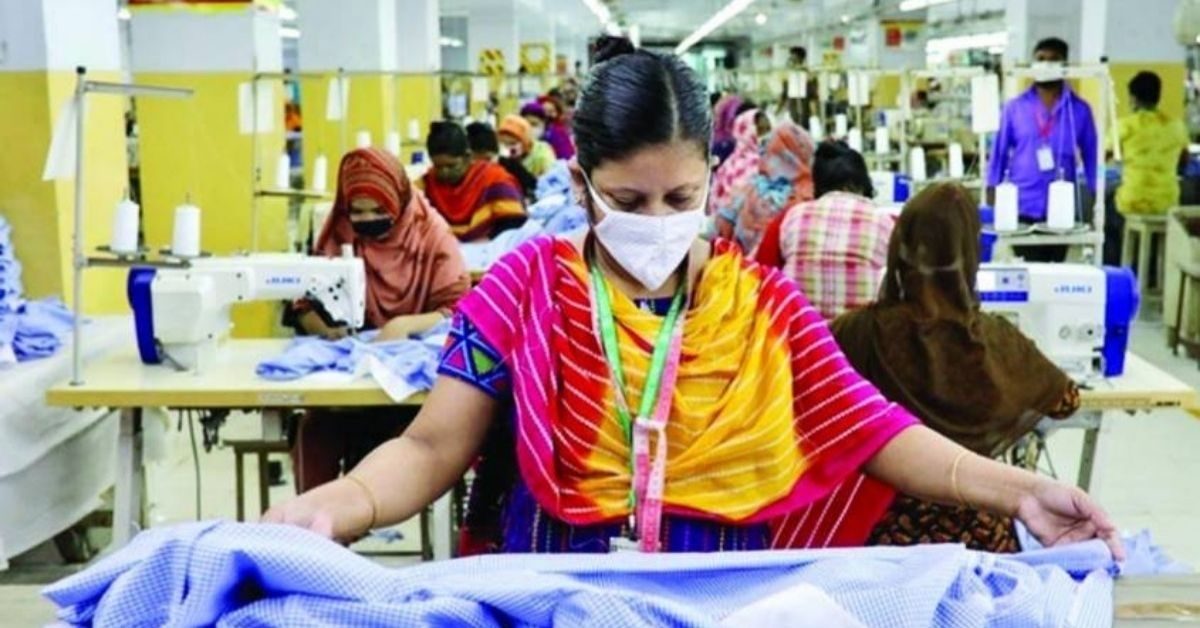Garment makers have urged the government to ease the conditions for import of yarn, cotton and fabrics as an increased number of work orders are coming to Bangladesh from international retailers and brands.
“We have a lot of work orders from the international retailers and brands. We need ready raw materials like yarn, cotton and fabrics,” said Faruque Hassan, president of Bangladesh Garment Manufacturers and Exporters Association (BGMEA).
The quantity of work orders from the international retailers and brands is so high that the local raw material suppliers are also facing difficulties to ensure timely supply of goods, said Hassan.
That is why Hassan sent a long letter to Commerce Minister Tipu Munshi on Saturday with the demand for easing the rules in import of yarn from India by removing different non-tariff barriers and improving the infrastructures at the land port areas.
In the letter, he also demanded the government allow import of yarn, cotton fabrics and other raw materials through other land ports, particularly through Bhomra and Sonamasjid, under bond facility.
“It is not possible to import yarn without bond,” said Mohammad Ali Khokon, president of Bangladesh Textile Mills Association.
“The local industry will face challenges if all ports are opened up and the government will lose a lot of revenue. So it is not possible to import yarn without bond.”
“The garment manufacturers want to import yarn without bond, which is very dangerous for the local industry,” he said.
Currently, importers can import yarn, cotton and fabrics from India only through the Benapole land port from India under the bond facility, as there is a storing and warehousing facility in the port.
BGMEA also demanded the government for allowing partial shipment facility through the land ports, including the Benapole land port.
Partial shipment in garment raw material import is allowed only through the country’s premier sea port in Chattogram now.
Partial shipment is allowing import and unloading a portion of whole consignment under letters of credit (LCs).
Businessmen choose for partial shipment mainly for timely use of raw materials and to reduce the storing and warehousing costs of imported goods.
Suppose, despite opening an LC to bring in 100 tonnes of yarn from other countries, an importer currently has a capacity to use 50 tonnes of yarn.
So he wants to import 50 tonnes for the time now and will import the rest later at his convenience.
However, the importers have the scope of partial shipment of raw materials only through Chattogram port.
So, the businesses have to import the whole consignment at one go if those are not unloaded in Chattogram port.
“Partial shipment is very much needed for us as we also need to reduce the cost of storing and warehousing. The government should also construct more warehousing facility in the land port areas so that the goods can be stored well,” Hassan told The Daily Star by phone.
Source : The Daily Star







